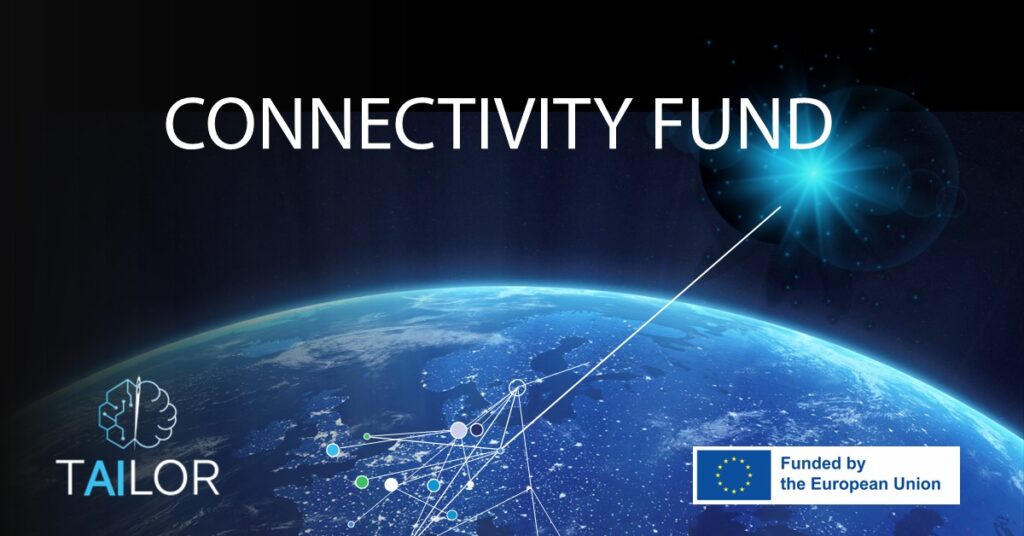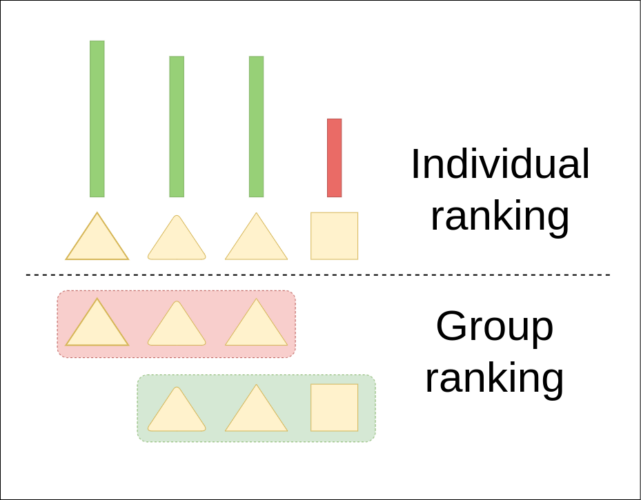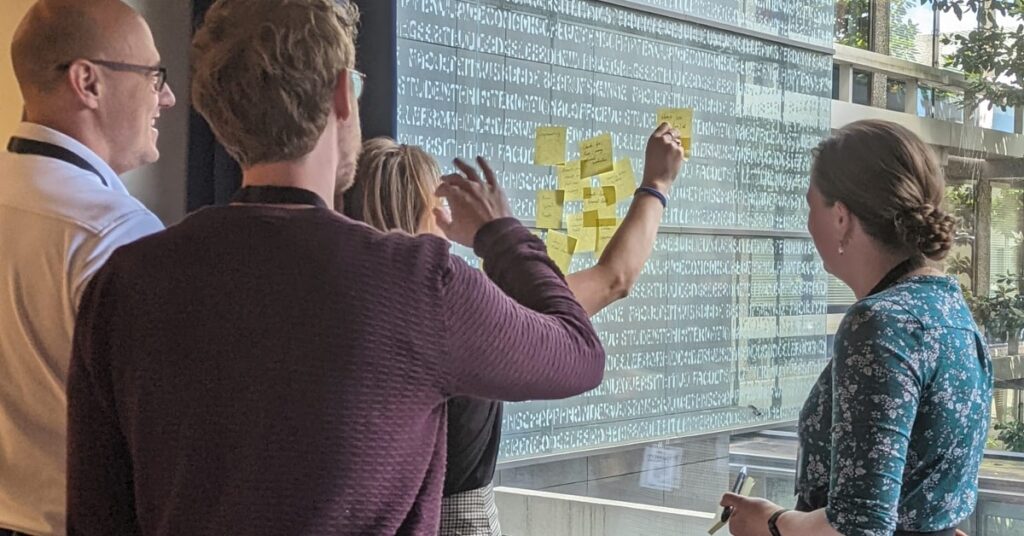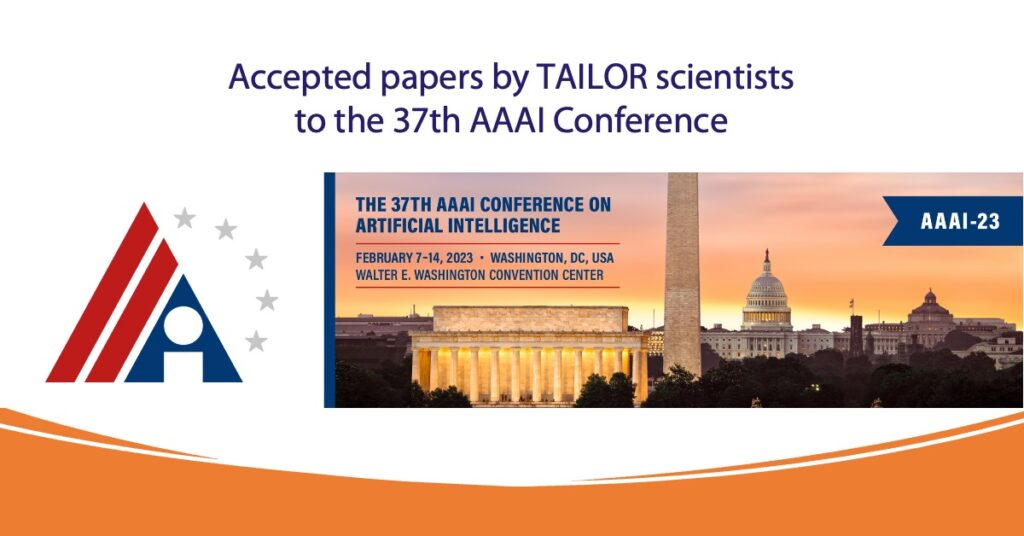How we trust robots: Attribution of Intentionality, Anthropomorphism and Uncanny Valley Effect
Martina Bacaro PhD student at the University of Bologna – Alma Mater Studiorum Abstract: Interactions between humans and robots are increasing both in specialistic and everyday scenarios. Trustworthiness is acknowledged as a key factor for successful engagements between humans and robots. For humans to understand and rely on robots’ actions and intentions, they need to […]









